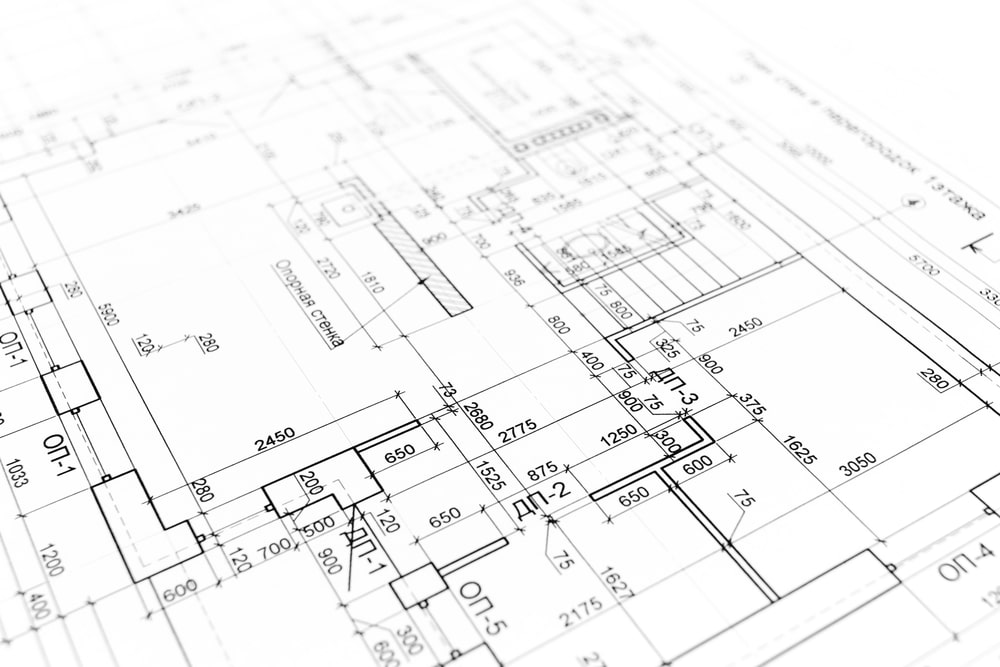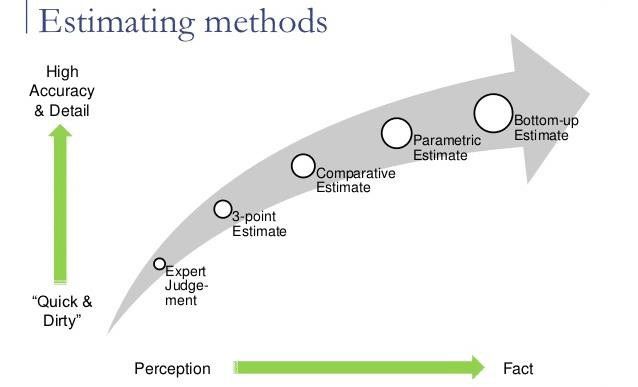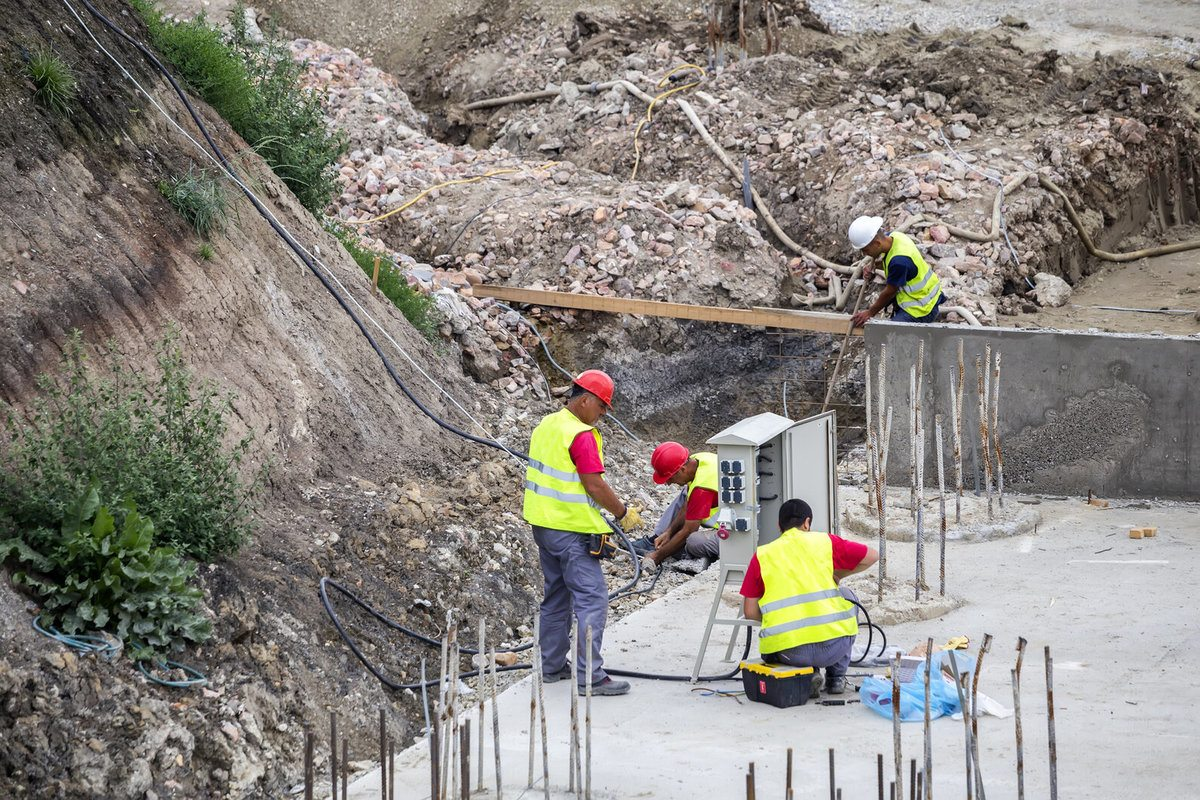General Conditions Construction Definition: An Overview

What are general conditions in construction, and why do they matter? Simply put, general conditions construction definition encompasses the project management, other administrative expenses, and logistical costs that lay the groundwork for any construction project. By defining these overhead expenses and terms, general conditions establish the necessary environment for a construction project to flourish. This article will guide you through the complexities of general conditions, demystifying their significance and outlining their essential role in project planning and execution.
Key Takeaways for General Conditions Construction Definition
-
General conditions construction definition provide a framework of indirect costs necessary for project support, encompassing administrative services, site management, permits, utilities, and more, as opposed to direct costs like labor and materials.
-
Project management, risk management, and financial considerations such as insurance, bonding, and compliance are integral to general conditions, impacting overall project costs and efficiency.
-
Accurate estimation and management of general conditions construction definition costs, differentiating between direct and indirect expenses, and addressing site-specific considerations are essential for project profitability and avoiding budget overruns.
Decoding General Conditions Construction Definition

Imagine orchestrating a symphony where each note corresponds to a unique task in a construction project. The general conditions in construction serve as the conductor, harmonizing administrative, logistical, and management expectations to create the perfect melody of successful project execution. The expenses encompass the costs associated with the structures, systems, and personnel that offer direct support to ongoing construction projects, all of which are critical for smooth project execution and completion.
Unlike general overhead expenses, general conditions construction costs are tied to a specific project’s contract and serve as a guide, aiding the project manager and team in completing the work. These costs, often referred to as ‘soft costs,’ are forecasted by estimating expenses for administrative and professional services such as:
-
project management
-
engineering
-
architecture
-
legal fees
Essence of General Conditions Construction Definition
At first glance, the term ‘general conditions’ might seem vague, but its essence lies in the indirect costs necessary for project support. Unlike the direct costs related to the physical aspects of a project, such as labor and materials, general conditions encompass the operational expenses that are essential for project support but not directly tied to the physical construction tasks.
These costs are far-reaching, covering everything from:
-
pre-development fees
-
project management
-
permits
-
utilities
-
administration
-
site management
-
material handling
-
waste management
-
site clean-up
Each construction project, irrespective of its scale or complexity, incurs these costs, hence making them a vital component of the construction industry’s financial landscape.
The Scope of General Conditions
The extent of general conditions includes everything from:
-
Project management
-
Site management
-
Permits
-
Licenses
-
Regulation compliance
-
Insurance requirements
-
Change orders
-
Payment terms
-
Dispute resolution procedures
-
Project closeout details
These conditions make room for the infrastructure and resources required for general contractors and trade subcontractors to complete construction phases, distinct from a general contractor’ overhead costs. They also dictate strategies for material handling and storage to maintain quality and prevent damage. Additionally, they enforce security measures like surveillance and restricting after-hours site access, ensuring a secure construction environment.
The Pillars of Project Management in General Conditions

A construction project parallels a well-oiled machine, with each part playing a vital role in securing a smooth operation. In the realm of general conditions in many construction projects, project management emerges as the engine driving this machine. Effective project management under general conditions includes comprehensive tasks such as:
-
communication
-
documentation
-
meeting schedules
-
adhering to the submittals process
Embracing technology and data integration is seen as a game-changer in managing general conditions costs and streamlining construction operations. Add to this the power of careful planning and preparation, and you have the recipe for enhanced operational efficiency ensure smooth project execution of construction projects. This, coupled with the establishment of performance measurements with KPIs, tracks performance and enhances productivity towards achieving construction goals.
Coordination and Communication Protocols
The construction industry is a melting pot of diverse teams, each with its unique skill set and responsibilities. This diversity, while a strength, can also pose challenges in collaboration and conflict resolution. Here’s where coordination and communication protocols, established within general conditions, come into play, enabling effective collaboration between diverse project teams.
Effective communication in project management includes:
-
Using standardized forms, reports, and project management software to ensure consistent and clear communication
-
Regular coordination meetings and progress reviews to foster collaborative problem-solving and keep the project on track
-
Establishing effective communication protocols to reduce project delays and errors, leading to cost savings and keeping projects within budget.
Documentation and Reporting Requirements
Documentation in construction projects serves multiple purposes:
-
It acts as a roadmap for project execution
-
It plays a crucial role in risk management
-
It enables stakeholders to evaluate the project
-
It facilitates quality control
-
It supports informed decision-making
Detailed documentation is essential for the successful completion of construction projects.
General conditions specify the types of required documents and mandate compliance with reporting requirements as a condition for payment and project completion. This ensures transparency and accountability throughout the project lifecycle and can serve as a legal record if disputes arise regarding project timeline.
Financial Aspects Under General Conditions

The completion of a construction project is gauged not only by its physical attributes but also its financial viability. In the realm of general conditions, financial aspects include risk management, insurance and bonding guidelines, and permitting and compliance costs.
Acquiring necessary building permits beforehand, adhering to regulations, and understanding financial terms within a project’s contract play a significant role in cost management. These factors, along with administrative costs such as wages for administrative staff, are all part of cost management under general conditions.
Insurance and Bonding Guidelines
Risk is an inherent part of the construction industry, and insurance and bonding serve as a safety net, protecting project owners and stakeholders from potential financial losses. Under general conditions, insurance and bonding requirements detail the necessary insurance policies and bonds that contractors must obtain, which are crucial for risk management in the construction industry.
These requirements vary from general liability insurance for third-party bodily injury and property damage claims to workers’ compensation insurance providing employee benefits for work-related injuries or illnesses. The requirements and cost implications of construction insurance policies vary by state and project, which is a crucial consideration for contractors during project planning and cost estimation.
Permitting and Compliance Costs
Permits and compliance are not mere regulatory formalities but can significantly impact the financial landscape of a construction project. The costs associated with permitting for a construction project can encompass a range of expenses including applying time, actual permit fees, and setting up essential infrastructure such as electricity, water, and security systems.
Delays in the permitting process can lead to increased project costs due to prolonged resource utilization and potential site holding complications. Therefore, accurate estimation of soft costs, including design fees, permit expenses, and legal costs, is crucial as these can vary based on regional regulations and project-specific conditions.
Calculating General Conditions: A Cost-Estimation Guide

Estimating the cost of general conditions is a precise science that takes into account a variety of factors, rather than a guessing game. These factors range from:
-
the project’s scale
-
complexity
-
duration
-
specific contract requirements
And it’s not just about the numbers on paper; the real-world difference that accurate cost estimation can make is substantial.
Professionals use software tools to calculate and manage general conditions costs, utilizing these tools throughout the entire project lifecycle. Some benefits of using software tools for general conditions cost management include:
-
Improved accuracy and efficiency of cost estimates
-
Access to historical data for better cost forecasting
-
Streamlined project management processes
-
Enhanced collaboration and communication among project stakeholders
By leveraging these software tools and analyzing project data, project managers can effectively manage project meetings and control general conditions costs, leading to successful project outcomes.
Estimating Soft Costs
Soft costs, often considered the invisible side of construction costs, play a significant role in project profitability. From project setup, design, land acquisition, to time spent on estimates and proposals, these pre-development fees contribute to soft costs that should be carefully estimated in the budgeting phase.
Estimating these costs involves examining similar past projects and previous projects, considering current project specifics, and consulting industry benchmarks. Contractors utilize historical job costing data from past projects to create more accurate and reliable soft cost estimates. Investing time in early planning is essential to control these costs, protect profit margins, and ensure project success.
Direct vs. Indirect Costs
Direct and indirect costs are two sides of the same coin in construction projects. Direct construction costs are expenses that can be specifically attributed to a construction contract, such as materials, direct labor, and subcontractor costs. On the other hand, general conditions refer to the indirect expenses and overhead costs incurred that are not directly related to the hands-on construction work.
Clear differentiation between these two types of costs is crucial to ensure accurate financial reporting, project accounting, and proper project cost estimation for bidding and budgeting. Indirect costs are typically allocated based on direct labor, material costs, or equipment hours, and it’s essential to avoid neglecting or failing to allocate these costs appropriately in the bidding process.
Site-Specific Considerations of General Conditions

Each construction site is distinctive, presenting its own set of challenges and opportunities. These site-specific conditions significantly influence the general conditions in construction. Some site-specific considerations include:
-
Establishing temporary utilities and facilities
-
Strategizing material handling
-
Managing site access and security
-
Addressing environmental factors
-
Planning for site logistics and traffic control
These considerations require careful planning and management to ensure a successful construction and successful project delivery, as is the case with most construction projects.
Site management is crucial in addressing issues on-site such as:
-
access
-
work hours
-
maintenance
-
environmental compliance
-
safety protocols
All of these must be customized to the unique circumstances of the project. The adoption of digital technologies plays a significant role in improving operation efficiency, streamlining tasks that are often unique to a construction project’s site-specific conditions.
Temporary Utilities and Facilities
Any active construction site, also known as a job site, relies heavily on temporary utilities and facilities. Infrastructure for the project, and temporary facilities such as offices and parking areas, is established as part of site preparation and management. Welfare facilities, including toilets and canteen areas, are set up on construction sites to meet the hygiene requirements and maintain worker health and productivity.
The supply of temporary power to trailers and equipment through the installation of power poles, overhead distribution, or high voltage systems is also a crucial consideration when utility sources are far. Furthermore, secure storage for tools and waste management systems like skips are planned to enhance site safety, organization, and reduce the risk of theft or vandalism.
Material Handling and Staging Strategies
Material handling and staging go beyond just moving bricks and mortar; they encompass efficiency, safety, and cost-effectiveness. General conditions in construction contracts account for material handling costs, which are part of the additional indirect expenses beyond direct materials and labor costs.
Material handling costs include expenses for:
-
Unloading
-
Site moving
-
Protecting
-
Necessary equipment and labor
Practices such as prefabrication and modular construction can lead to reductions in material handling costs and improved project efficiency. The project manual is a critical reference that helps identify specific elements and constraints impacting material handling and general conditions costs.
Impact of General Conditions on Project Profitability
General conditions affect a construction project far beyond just timely task completion, directly impacting the project’s financial health and ultimate profitability. Controlling general conditions costs is crucial to avoid budget overruns, client dissatisfaction, and reduced profit margins.
Proposals that include detailed general conditions demonstrate a contractor’s ability to address client needs effectively, enhancing the competitiveness and profitability of the bid. Accurate estimation of soft costs is essential for effective budgeting, as they constitute a significant portion of the total project cost and directly influence financial success.
Avoiding Additional Costs
Maintaining a project within budget is a constant balancing act in the construction industry. Contingency funds included in the budget can manage unexpected fluctuations in general conditions costs effectively. Thorough project planning and examination of potential expenses can uncover opportunities for savings in general conditions costs.
The goal is to foresee challenges and establish a buffer for unforeseen costs, thereby ensuring that such additional expenses neither derail the project nor erode profit margins. This proactive approach is a key aspect of successful project management under general conditions.
Enhancing Efficiency
Efficiency is more than a buzzword; it’s a guiding principle in managing general conditions in construction. Adopting modern digital solutions helps the construction managers and professionals streamline communication and provide real-time access to project information, overcoming challenges and improving management of general conditions costs.
Monitoring progress in construction projects is crucial to:
-
Keep costs and schedules under control
-
Handle delays proactively
-
Enhance efficiency in managing general conditions
-
Make the most of available resources
-
Mitigate risks
-
Ensure seamless project execution
-
Contribute to project profitability.
Summary
General conditions construction definition are more than just words on a contract. They form the backbone of project planning and execution, influencing everything from new project’s estimate of profitability to stakeholder satisfaction. From indirect costs and site-specific considerations to insurance, bonding, and compliance, general conditions cover a broad array of factors that impact the successful completion of a project.
The complexity of managing general conditions can seem overwhelming, but with meticulous planning, the adoption of technology, and a keen understanding of estimated costs, both direct and indirect costs, construction professionals can effectively navigate this terrain. Remember, every successful building starts with a solid foundation, and in the world of construction projects, that foundation is the understanding and effective management of general conditions.
Certified MTP offers a the full line of General Construction and Jobsite Tools such as Sledge Hammers, Digging Bars, Crow Bars, Pry Bars, Brick Masonry, Stripping Bars, and Landscape Tools
Frequently Asked Questions about General Conditions Construction Definition
What are general conditions construction definition?
General conditions refer to resources and items that are not included in the completed project, but are still crucial to its success.
What is the purpose of the general conditions construction definition of a contract?
The purpose of the general conditions of a contract is to define the basic rights, responsibilities, risk allocations, and contractual relationship of the parties involved in project contract, establishing how the contract is to be administered and ensuring a successful project outcome.
What is the general conditions construction definition requirements in construction?
General conditions construction definition in construction refer to the specific administrative protocols and scope of work associated with a project, including scheduling, permitting, inspections, and progress meetings. These requirements define everything that is scheduled to be built, installed, renovated, and accomplished a particular project overall.
What are examples of general conditions in construction?
General conditions in construction can include costs related to project management, temporary site facilities, safety compliance, waste removal, and more, as outlined in the construction contract and project specifications. These costs support ongoing construction projects.
What is the difference between direct and indirect costs in construction?
The key difference between direct and indirect costs in construction is that direct costs are those directly attributed to the construction contract, such as materials and direct labor, while indirect costs, or general conditions, are expenses required for project support but not directly linked to construction tasks. It’s important to understand and distinguish between these two types of costs to accurately assess the total project expenses.
Related Blogs for General Conditions Construction Definition
To learn more about general conditions construction definition, visit Certified MTP
